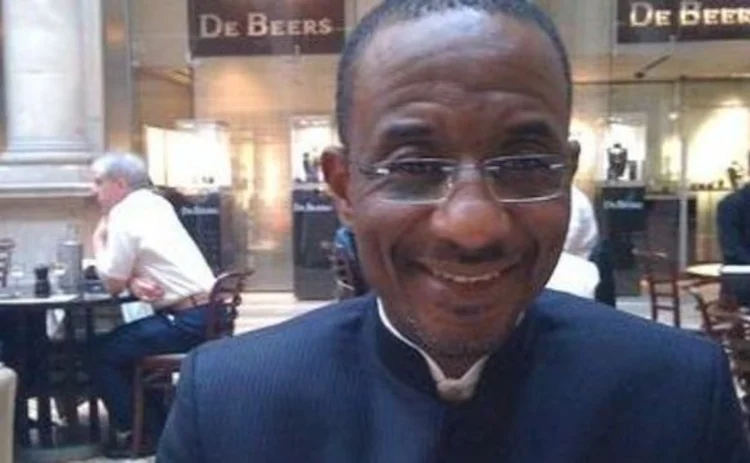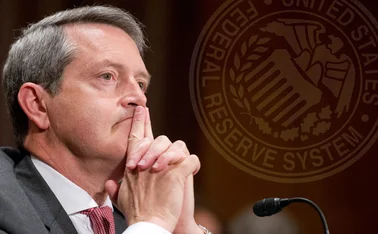
Nigerian court ruling deepens concerns over central bank independence
Judge dismisses Sanusi's appeal, prompting ‘nervousness' about bank's autonomy

A Nigerian court yesterday dismissed former central bank governor Sanusi Lamido Sanusi's appeal against a presidential decision to remove him from office earlier this year – reigniting a debate over central bank independence in Africa's largest economy.
Sanusi was fired by Nigerian president Goodluck Jonathan in February for "various acts of financial recklessness and misconduct" after he accused the state oil company of embezzling $20 billion in revenues. Sanusi appealed the decision shortly
Only users who have a paid subscription or are part of a corporate subscription are able to print or copy content.
To access these options, along with all other subscription benefits, please contact info@centralbanking.com or view our subscription options here: www.centralbanking.com/subscriptions
You are currently unable to print this content. Please contact info@centralbanking.com to find out more.
You are currently unable to copy this content. Please contact info@centralbanking.com to find out more.
Copyright Infopro Digital Limited. All rights reserved.
As outlined in our terms and conditions, https://www.infopro-digital.com/terms-and-conditions/subscriptions/ (point 2.4), printing is limited to a single copy.
If you would like to purchase additional rights please email info@centralbanking.com
Copyright Infopro Digital Limited. All rights reserved.
You may share this content using our article tools. As outlined in our terms and conditions, https://www.infopro-digital.com/terms-and-conditions/subscriptions/ (clause 2.4), an Authorised User may only make one copy of the materials for their own personal use. You must also comply with the restrictions in clause 2.5.
If you would like to purchase additional rights please email info@centralbanking.com







